Babies are sensitive and there are always so many things that should not be given to them. Several different herbs are proven to have no negative effects even on very small children, and parents can use them without worry. Caraway seeds, chamomile, fennel seeds, and lemon balm have been used for centuries and they won’t harm your baby.
Caraway Seeds
Caraway seeds can be bought in any grocery store and they are confirmed to be helpful and completely harmless for young children. Caraway will help the baby deal with bloating and gases and it works by relaxing the digestive tract muscles. Babies having problems with some other colicky symptoms might also benefit from caraway tea.
Use two teaspoons of these seeds and add them to 8 ounces of boiled water. It is best to crush the seeds and then add them to the water and steep for 10 minutes. After that, just filter the tea, cool down a bit, and/or add some sugar.
Chamomile
Chamomile is great to calm the baby down, ease the sore throat or upset stomach, or just relieve some bad cough the baby has. If you're buying the tea in the store, always check the label. Sometimes, there are several different herbs in the mix with chamomile and those other herbs might not be safe for your baby. All you need is plain old chamomile, and the brand Celestial Seasonings has the tea made only of chamomile, suitable for babies.
Use one or two tea bags of chamomile tea, pour some hot water over them, and leave for 5 minutes. You might also use some dry chamomile and in that case, use one tablespoon of the herb to every 6 ounces of water. Pour the water over the dried chamomile and leave also for 5 minutes. Filter the tea, cool it down and you can use it, with or without added sugar. The tea can be used warm or cold, as your baby likes.
Fennel Seeds
These seeds are also very easy to find in the grocery stores, among the spices. It has been used since ancient times to relieve indigestion and bloating and expel the gases. You can use a homeopathic preparation known as Gripe Water, which is actually a fennel tea, or make some tea on your own.
For the tea, use half of a teaspoon of crushed fennel seeds and add it to 8 ounces of boiled water. Leave for 10 minutes, strain, and use.
Lemon Balm
This herb won’t be available at the grocery store, so you should look for it in your health store. It is used to relieve cramping and gases in babies, and also to calm the nervous baby.
Use 1 tablespoon of dry lemon balm leaves, add 8 ounces of hot water and leave on the side for 10 minutes. Just filter it and the tea is ready. Don’t use this tea for more than a day or two, because it may cause thyroid complications.
Research
- Studies found that women use herbal remedies as a preventative measure or as a treatment due to personal dissatisfaction with conventional treatment, side effects of prescribed medications, and history of treatment failure.
- Women participating in this study met the following inclusion criteria: aged 18 years and above, living in the Central Appalachian Region, have at least one child under three years of age, and able to read and write in English. Of women who completed the survey, 78.8% met inclusion criteria.
- This study examined the use of herbal remedies among women living in the Central Appalachian Region, particularly in women with young children. We found that one-third of women in our study sample reported the use of herbal remedies in the past six months. The prevalence of herbal remedies use from our study is lower than the rate reported from a study conducted among women in the Central Appalachian Region (33.5% versus 56.0%).
- As suggested by the Comprehensive Model of Information Seeking (CMIS), we found that having greater belief in the efficacy and safety of herbal remedies was associated with the use of herbal remedies. This is not surprising since women often consider the herbal remedies as “natural,” and therefore they consider them to be safe. The most commonly reported herbal remedies by women in our study were fenugreek followed by honey and chamomile.
- Important sociodemographic factors within the CMIS model such as education, income, and Appalachian identity were not associated with herbal remedies use in our sample except for employment status; unemployed people had a higher herbal remedies use as compared to employed people. This is consistent with prior studies reporting that herbal remedies use among individuals in the Appalachian community is related to poverty and poor access to healthcare.


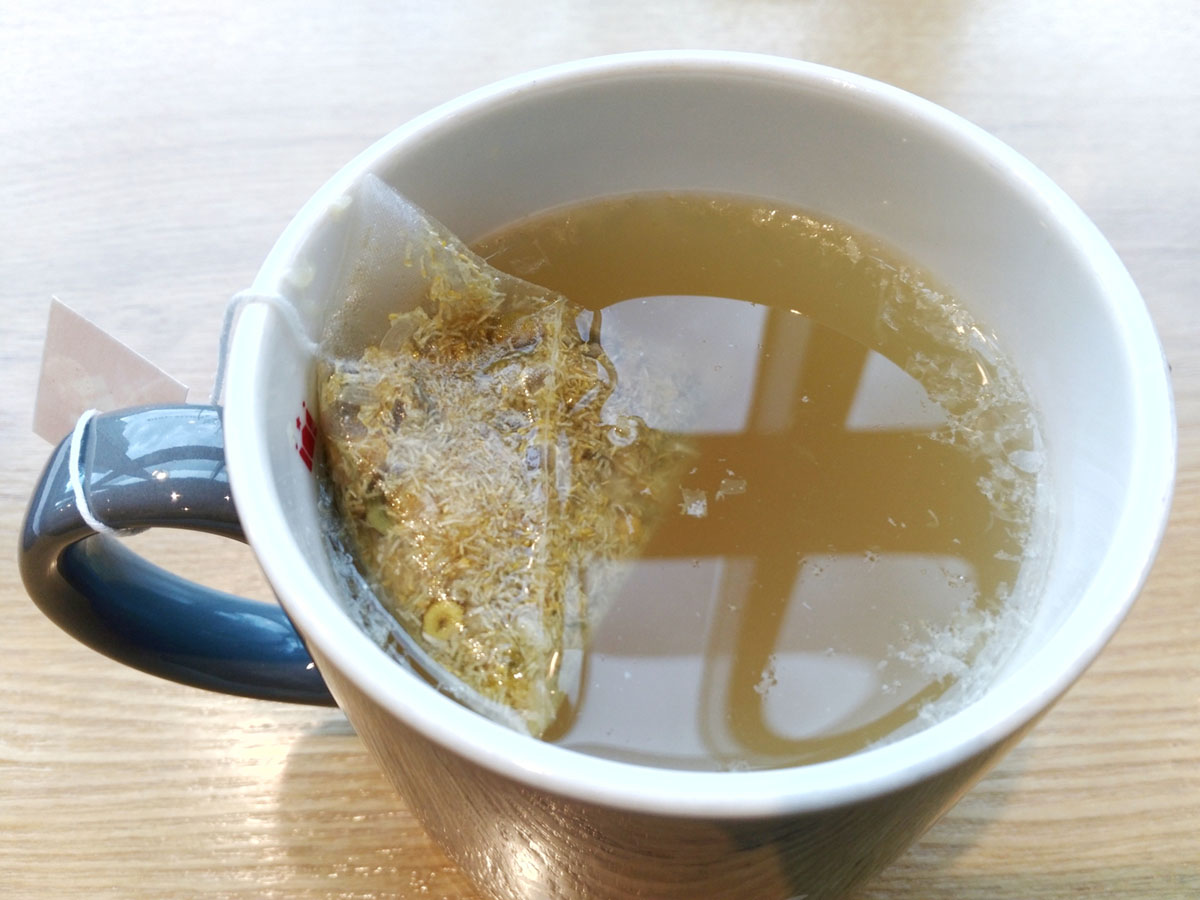
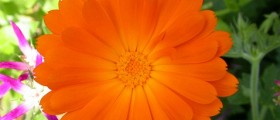




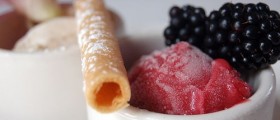
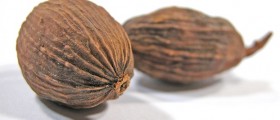
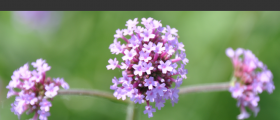
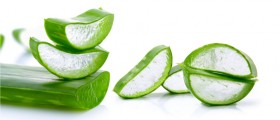
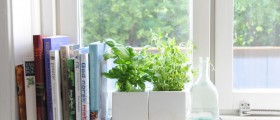

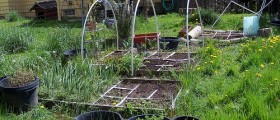
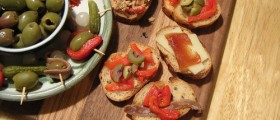
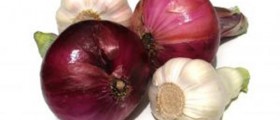

Your thoughts on this
Loading...